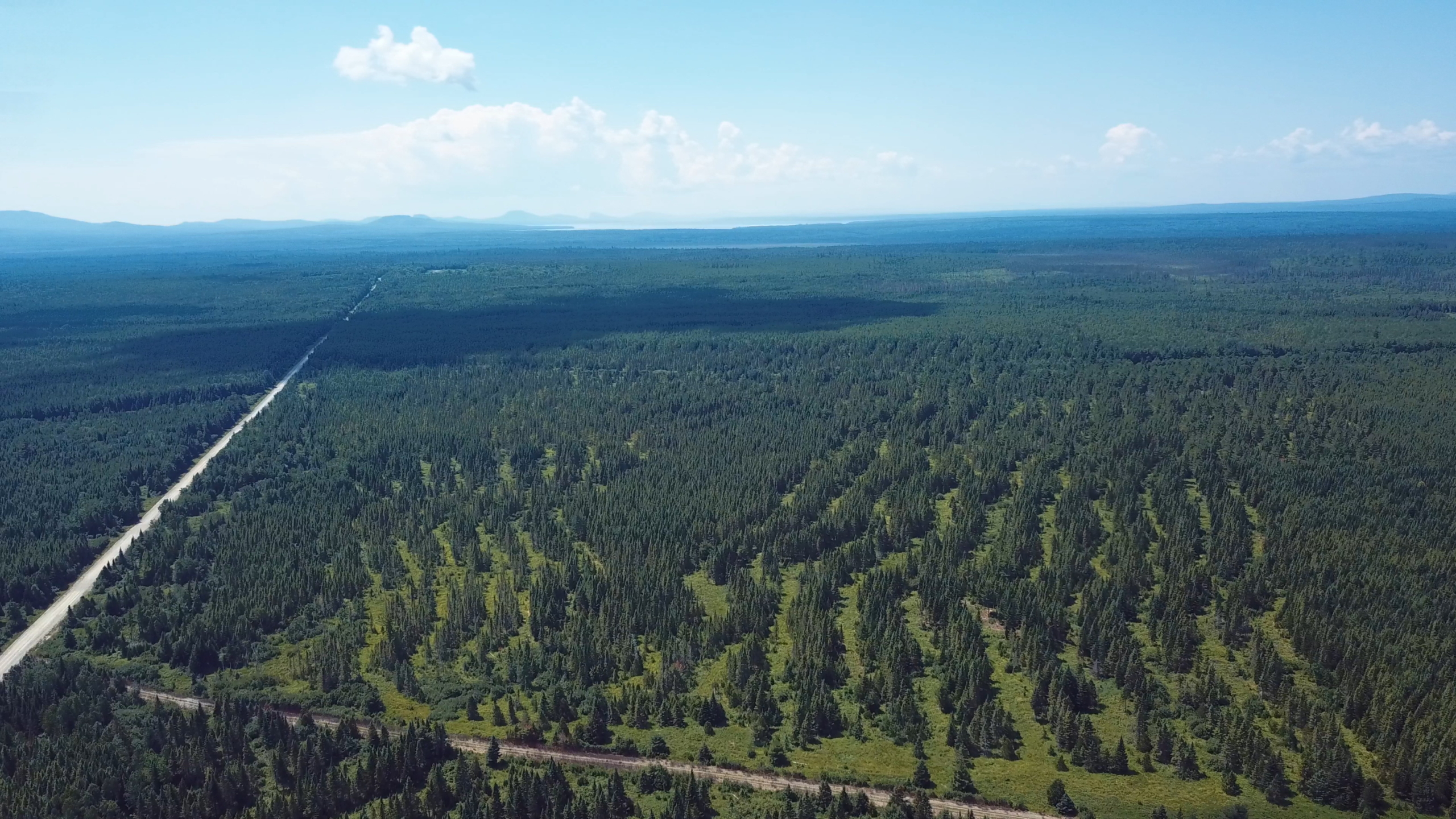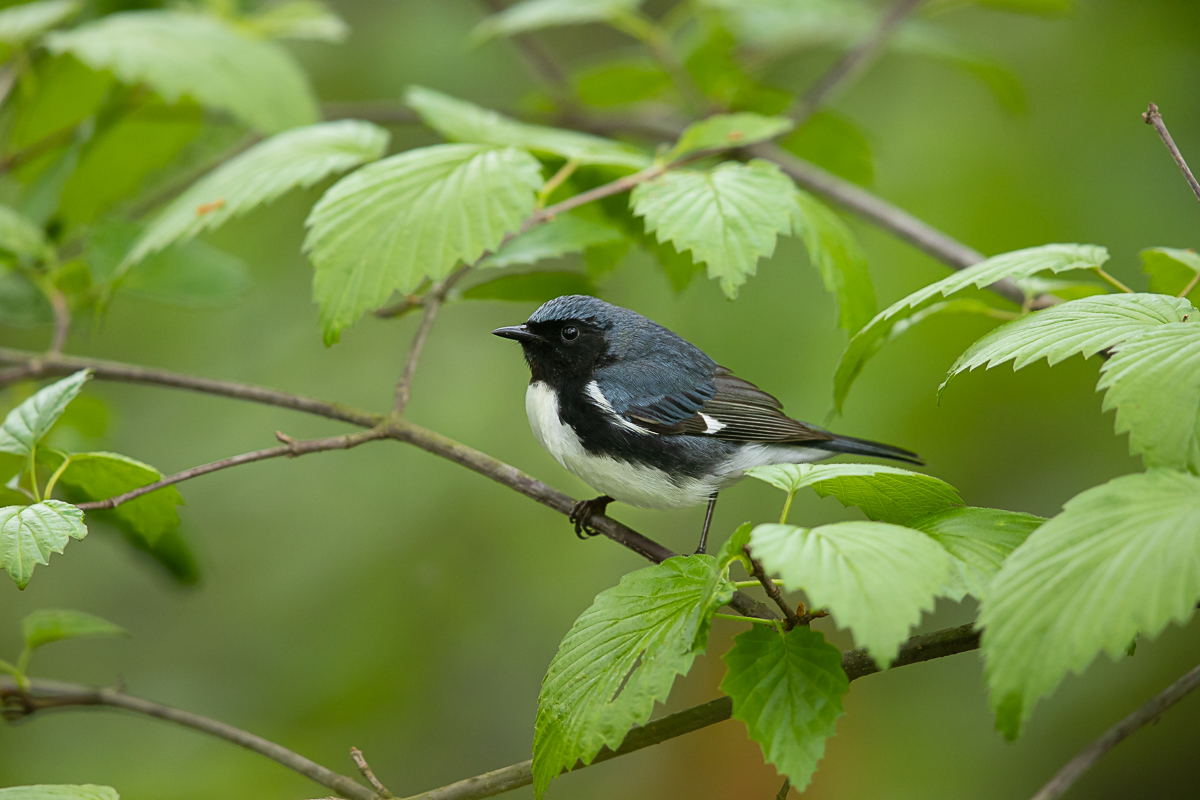DISCUSSION GROUP (via Zoom)
Birds and Forestry in Acadia (BAFA)
If you would like to join the group, email [email protected]
BAFA is an informal “discussion group” of active researchers for sharing perspectives, knowledge, and insights on the general topic of birds and forestry in the region.
OUR GOALS
(1) to get to know each other (who’s doing what).
(2) to identify the main questions (topics/issues) we share.
(3) to consider possible future products/papers of interest to this group.
DESCRIPTION
The Acadian Forest region is heavily forested. Forestry is a major landuse in the region, which has both positive and negative implications for bird conservation at a regional and continental scale. BAFA is an informal “discussion group” of active researchers for sharing perspectives, knowledge, and insights on the general topic of birds and forestry in the region. This may include researchers from outside the region who have both interest and information to bring to bear on forestry and bird conservation in the Acadian Region.
The purpose of our initial meeting is to get to know one another and our work, and depending on interest, co-develop a set of potential objectives for the group. At a minimum, our goal is to become better informed about our research and the research questions relevant to the Acadian Forest. If the group would like, we might continue to meet at least annually to report new findings or to identify new questions. Also depending on the will of the group, some may decide to pursue concrete outcomes, such as syntheses of particular topics relevant to birds and forestry, and/or organize user-friendly workshops to transfer our science to practitioners (e.g., forest managers) and policy makers. If the group chooses to continue, future meetings of our group might explore specific topics in more detail (e.g., bird population trends in the Acadian region).
Our initial get-together in April will be “semi-structured” so that we (1) get to know one another’s interests, and (2) to frame up some of the common bird-and-forestry conservation questions we all have. This discussion group is for learning with each other and from each other. It is not intended to be a conservation advocacy group.
List of possible topics for future discussion:
- Trends in forest practices and forest structure and composition in the Acadian region
- Stand-level impacts of various harvesting practices on birds (+ or -)
- Landscape-level impacts of forestry on birds (+ or -)
- Acadian region bird population trends
- New field research methods (e.g., automated survey systems)
- Using Lidar to map bird habitat.
- New data analysis methods (e.g., modeling bird/stand/landscape relationships)
- What bird species are of greatest concern in our region? (e.g., Three-toed Woodpecker)
- What specifically could forestry do differently to better support bird conservation?
- Data sharing to expand regional understanding.
- Discuss appropriate temporal and spatial resolution for study/questions of interest.
- Role of spruce budworm outbreaks in bird populations in Acadia.
If you have a new topic for discussion, email [email protected].
Or, add to this document.







